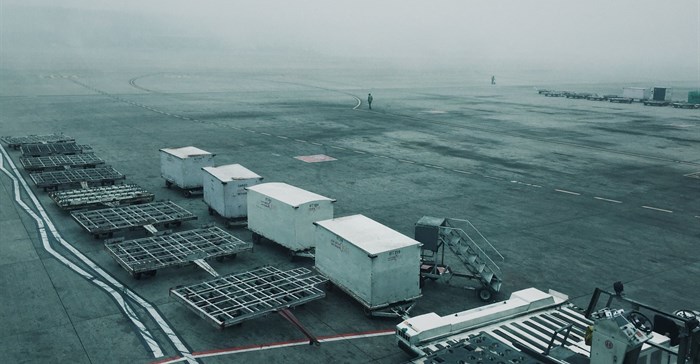
Related
Top stories






AutomotiveHilux Custom Builds offers purpose-built solutions for your business
Toyota South Africa Motors 16 Feb 2026
More news


Marketing & Media
Ads are coming to AI. Does that really have to be such a bad thing?














These challenges are capacity constraints in infrastructure and administrative procedures due to a significant increase in demand for air cargo logistics. The other organised associations included in the talk were the Federation of German Industries (BDI) and the German Forwarding and Logistics Association (DSLV).
Managing director of BDL, Matthias von Randow, says: “If we want to successfully cope with growing demand in air traffic we have to make massive efforts in all areas, especially the interfaces with authority functions such as customs administration and air security controls can and must be organised much more efficiently.”
The secretary-general of the Board of Airline Representatives in Germany (Barig), Michael Hoppe, also emphasised these claims of the around 100 national and international Barig member airlines in the context of the air cargo industry talks.
The latter aspect was the main focus of the industry talks, which also featured representatives of the Federal Ministry of Finance and the Federal Ministry of Transportation.
Since especially the cross-border online business is rapidly growing, the corresponding air cargo volume is also experiencing steady increases. To handle the additional volume, integrated digital processes along the entire logistics chain are inevitable. Today’s reality and the current legal framework, however, are trailing far behind these requirements.
On the occasion of the industry talks, BDL had presented an analysis of the current situation. The respective report clearly depicts that paper documents continue to play an immense role in air cargo and are massively slowing down the related processes. Consignment notes, customs declarations and insurance documents must still be carried physically.
Efficient solutions such as electronic consignment notes from the international aviation organisation International Air Transport Association (IATA) are not implemented comprehensively at the moment.
Against this background, Barig and the participating associations demand that politics create the framework for the electronic handling of relevant documents and information. Moreover, the associations plan to further enhance the good basis of cooperation with the customs authorities.
“The current challenge is to bring all system partners in Germany together and mutually develop new processes as well as interfaces and electronic procedures. If this is the case, Germany will have a good chance of further expanding their leading role in Frankfurt, Leipzig and Cologne,” explains Hoppe.